Why I chose to do the “Swiss Certificate of Competence for Ocean Yachting”.
You don’t need a license to sail in France. Therefore, being in France, I need not have a sailing license. But being Swiss on a boat flying the Swiss flag I do need a license. What a dilemma. For a country that has no ocean shore line, it’s a bit ironic. And it’s also good rational sense typical of the Swiss.
The reason France doesn’t require sailors to hold a sailing license is simply economic. France has a solid boat building reputation. There are many marinas and businesses that depend on sailors. If they required a license, the entire chain of the boating industry would, I dare say, sink! So good economics win over good sense.
My French peers think it’s a good thing to be licensed and experienced to sail. Yet they all wonder “Why are you complicating things?” Why don’t I simply register the boat under a French or other flag that doesn’t require a license. So I must explain that Switzerland is not part of the European community, and I’d have to deal with other complications to navigate around this issue. So I’m doing it the Swiss way and going for the “Swiss Certificate of Competence for Ocean Yachting” as it is called.
So what is required to get this Holy Grail of sailing licenses? Fourteen weeks of maritime classes, much homework, Saturday exam workshops to eventually reach the climactic full day examination. As well as a license to sail the lakes which requires a theory exam and practical test on the water. First aid course. Eye and ear exam and a passport photo. Then one must sail 1000 nautical miles with a licensed or competent skipper and demonstrate the capacity to launch, maneuver, plot, chart, anchor, dock, rescue a man-over-board follow COLREGS, rules and regulation and boatloads more! All this must be recorded into a log book and signed by the accompanying competent skipper. It seems like a lot, but this is the ocean, and the boat is the size of a mid-sized truck. So I don’t argue and I just get on with it.
Maritime license class was a mind fuck at first. I thought we would learn about knots and geography, but it was algebra. Lots of calculations. It all came so fast, I barely could grasp the problems and solutions that we had already moved on to another subject. It was a new language with another system of measurement. Degrees and minutes. Knots, fathoms and nautical miles. New terms and abbreviations. Icons and symbols. Lights colors and sounds. Frustrating yet fascinating.
I know how to sail like I know how to ski. A skill I learned at the age of four (skiing not sailing). But I became a real skier when I entered competition. In other words, I raced. That taught me how to ski on a whole other level. It involved science, study and lots of painful training on frozen ski slopes. From then on I could slalom crop circles around mortals and settle in a downhill cruise at blazing speed.
Now I would begin to learn how to navigate around the world. There are plenty of technological gadgets to navigate with, like a GPS in your car. But remember what it was like to find your way around with a map? It’s common for electricity to go down on a boat. So paper charts do have an advantage. I’ve always loved maps. There’s something more natural to them. You get a big picture of the lay of the land, or seas. No scrolling and magnifying like on Google maps. Sure, digital maps are practical, but the touch and feel on paper has more substance than a slick glass screen. And you can pencil and erase on a map. So before I invest on a plotter and electronic charts, I’ll go with paper, compass and GPS.
That being said, as painful as sailing class was, I’m duly grateful. The ocean and seas are wonderful yet dangerous, as are the mountains. You can have the best equipment money can buy, but having respect for the elements, understanding the potential dangers you can be faced with will make the difference between pleasure and pure torture. Even life and death. Navigating with charts is as sensible as looking at a ski area map so you dont fall off a cliff for example. I want to be able to go out in force 9 winds just like I can zip down a Black Diamond ski slope. I don’t have a license to ski, but I have the training to ski just about anywhere, in any conditions. Or not! One must know his limits. The “Swiss Certificate of Competence for Ocean Yachting” will not make me a champion sailor, but it will give me the basic knowledge and the opportunity to eventually sail just about anywhere and in most conditions. Which is why I chose to take this challenge. A bit of pain which will eventually give me lots of pleasure.


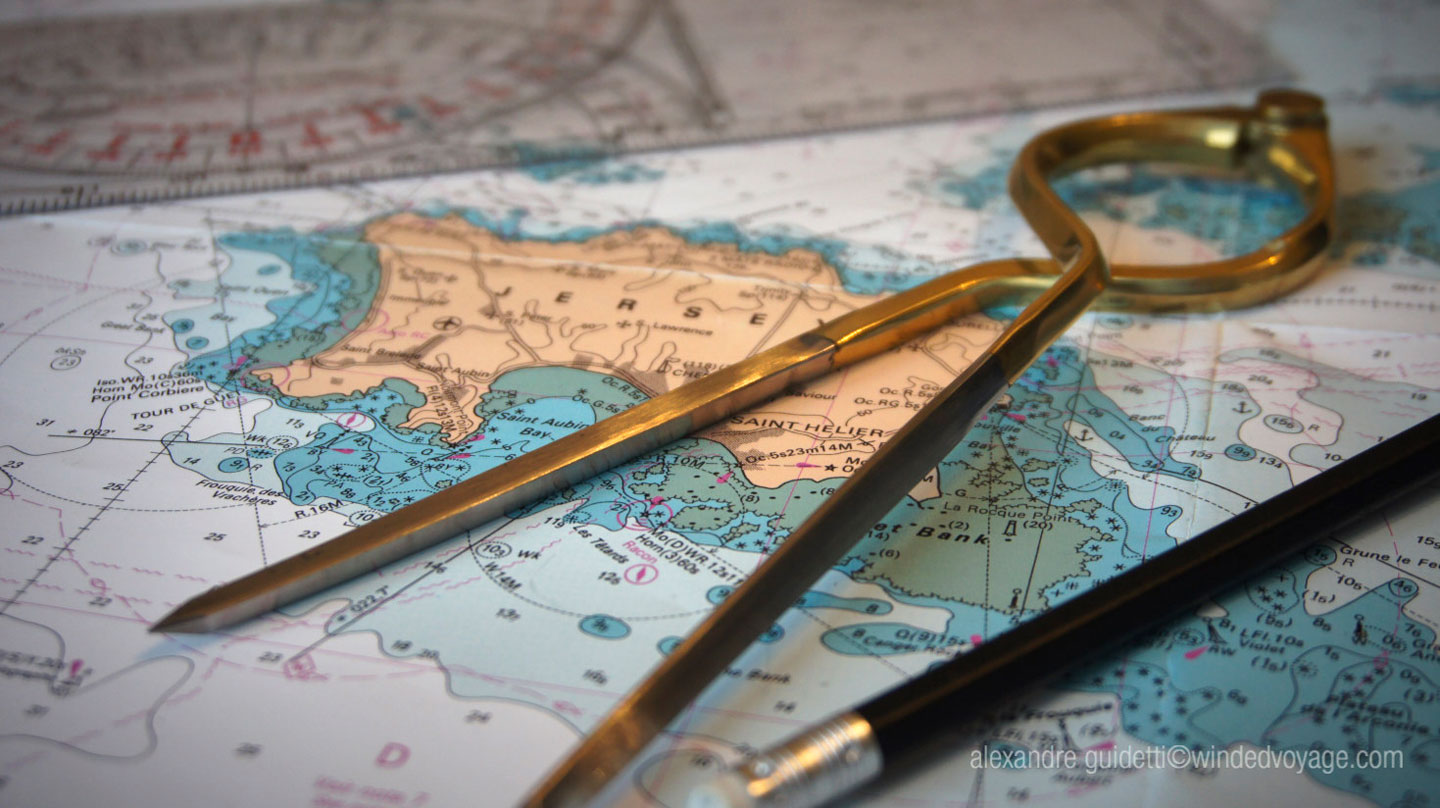
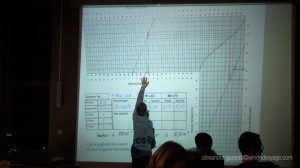
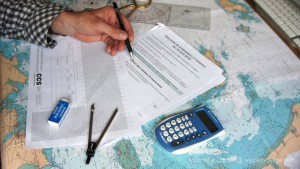
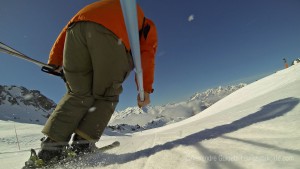
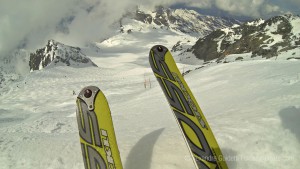
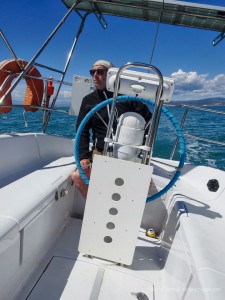
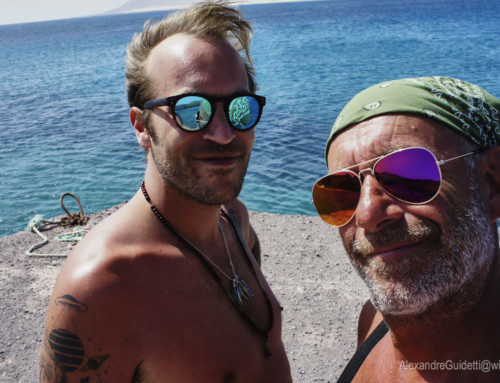
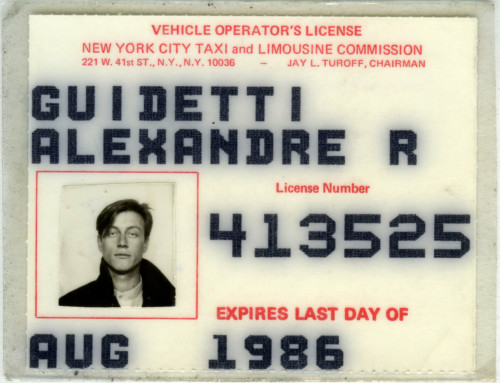
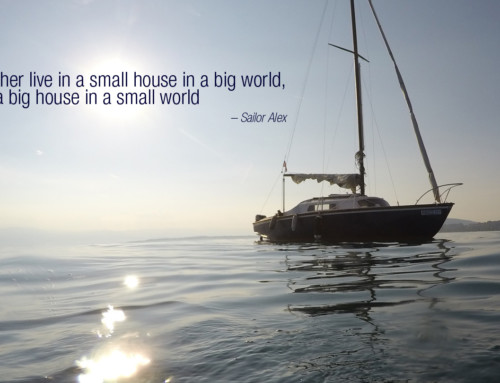
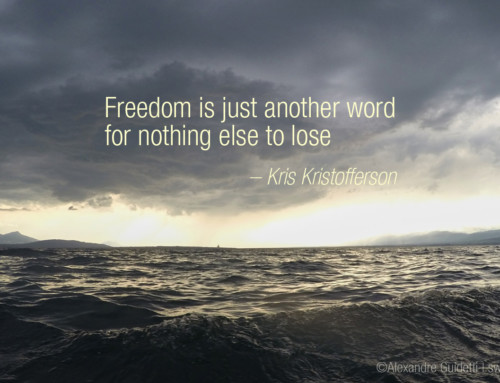
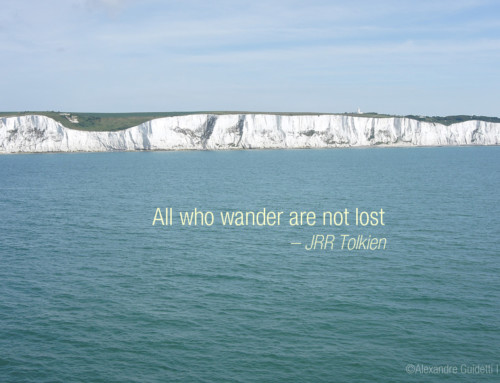
Leave A Comment